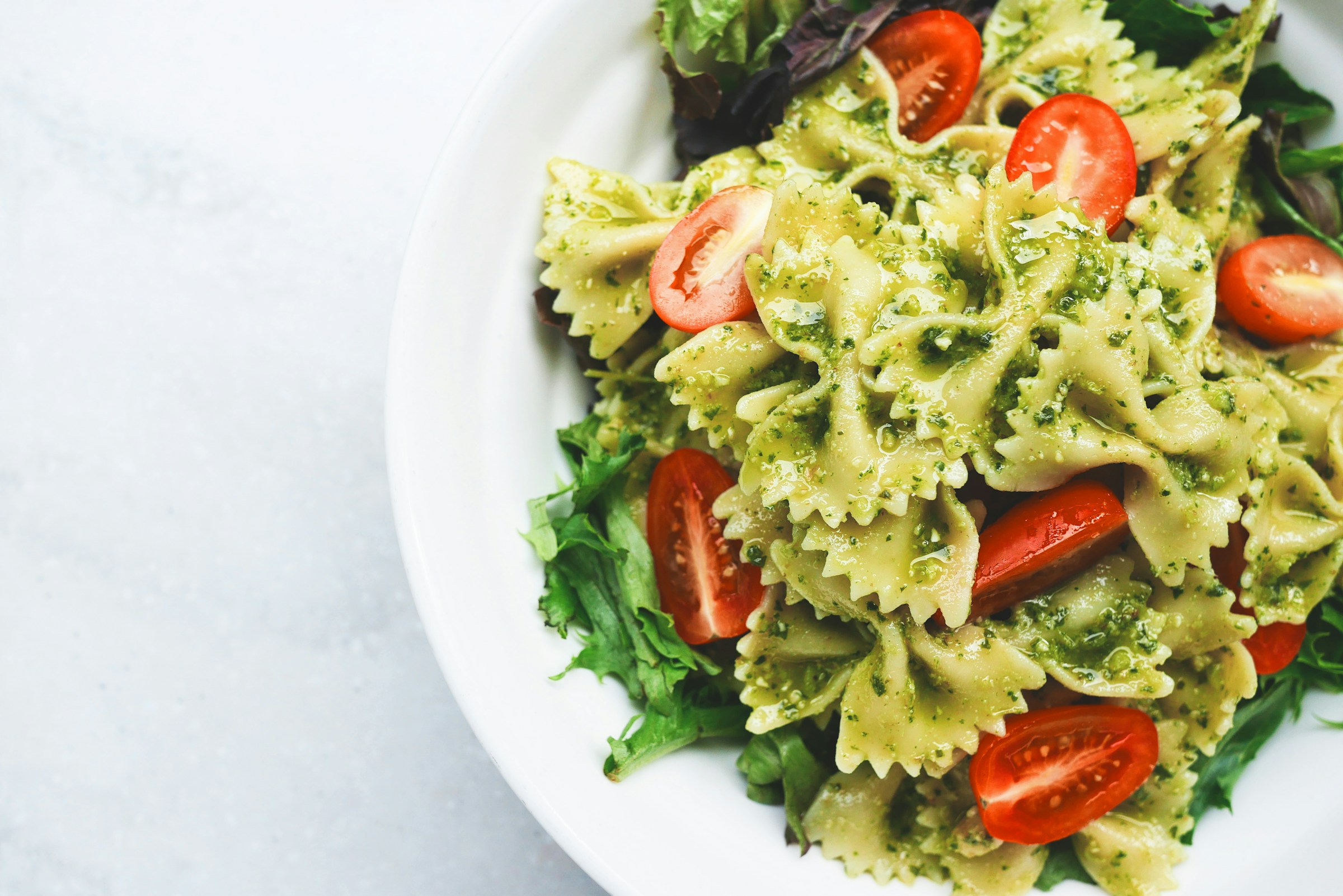The Importance of Food in Healthcare

Article submitted by Laura Tighe, Managing Director for Health, Care, and Retirement Living, Caterplus
The food served at care facilities has a huge impact on residents. Meals must provide all the right nutrients to keep residents healthy and satisfied and the portion sizes need to be fulfilling, but not overwhelming. Food service goes far beyond the basics of keeping residents fed.
In-house dieticians should work closely with care staff to understand the bespoke needs of residents at each care home, to enable them to build the most appropriate menu at individual sites. Expertise should extend to meeting specialised dietary requirements to support illnesses such as dementia and dysphagia, ensuring that food is not only delicious but also supports residents’ health.
Continuous improvement should be at the core of any food service provider’s approach in a care setting. Caterers should dedicate substantial resources to enhancing menu planning, nutrition, taste, flavour, hydration, food presentation, and technology.
Food is largely a social vehicle; mealtimes see residents interact with each other and with care staff, building important relationships and promoting positive social networks. The style of meals served can also be impactful, helping residents by eliciting memories through flavour and smell, some of our strongest senses.
The best foods to serve
Fresh, seasonable ingredients should always be used to prepare nutritious meals, creating a selection of traditional favourites and exciting new dishes for residents to enjoy. Those requiring texture-modified and specialist diets should not be alienated from these meals and themes, it’s important chefs are trained in texture-modified foods and how to adapt recipes to ensure they are safe to eat. Menus must always be aimed at meeting the dietary, nutritional, and cultural needs of residents, the health of residents is always a top priority and food significantly influences this.
Themed events are a lovely way to bring people together, introduce new flavours and add value and enjoyment for residents. Working closely with managers at homes, catering teams can plan, manage, and deliver regular special events typically centred around food themes, creating an enhanced social experience at mealtimes. These could include seasonal events such as Easter or a classic Christmas dinner, as well as other religious and cultural events such as Chinese New Year and Diwali or food awareness dates such as Cornish Pasty Week, for example.
Engaging residents at mealtimes
Integrating employees within the community at the care homes is a key element that can be overlooked. All healthcare workers should take the time to get to know residents and learn about their interests and hobbies. When mealtimes take place, employees, whether care staff, or catering teams, should engage with residents and forge greater social relations.
We believe in the power of social interaction for our residents and that’s why Caterplus partnered with Taylor Shaw and Edwards & Blake to connect local schools and retirement living communities to enable children and residents to collaborate on joint activities. The benefits of intergenerational relationships include reductions in loneliness, building social connections, reducing ageism, and enabling better mental health. In a recent trial during residents’ afternoon tea, children and residents sat together and shared memories about the King’s Coronation, as well as their days at school.
Residents love to see refreshed decorations too. Based on the feedback we received during the King’s Coronation, Caterplus is now actively decorating our restaurants and we have introduced further innovations including photo cake toppers to bring the resident experience to life.
Building better
Building better works better when there’s collaboration. Caterers should expand their horizons to offer continuous improvement for clients and residents. Caterplus has been working closely with organisations including the British Nutrition Foundation to understand in wider terms the importance of nutrition in older adults. By partnering and sharing we can help enable further research in this field and make more informed decisions about food choices for residents in care. This should be a priority for all caterers.

